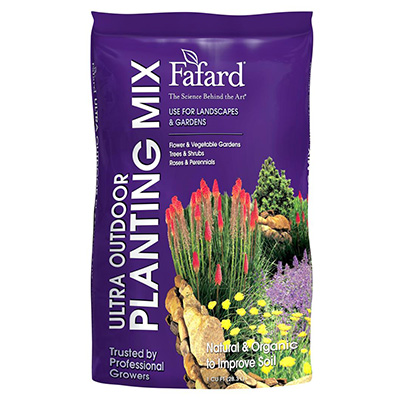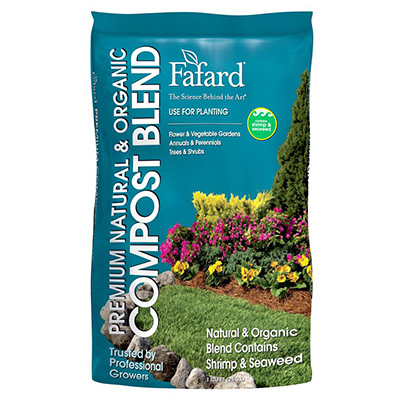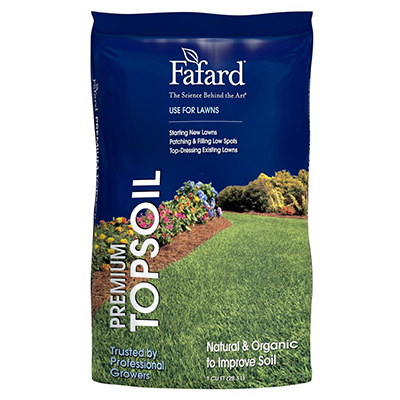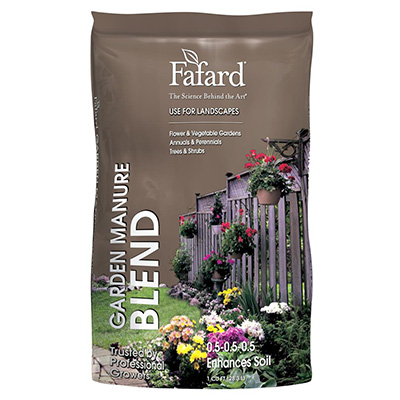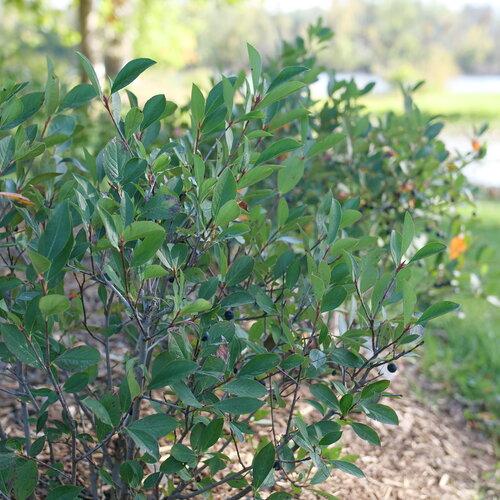
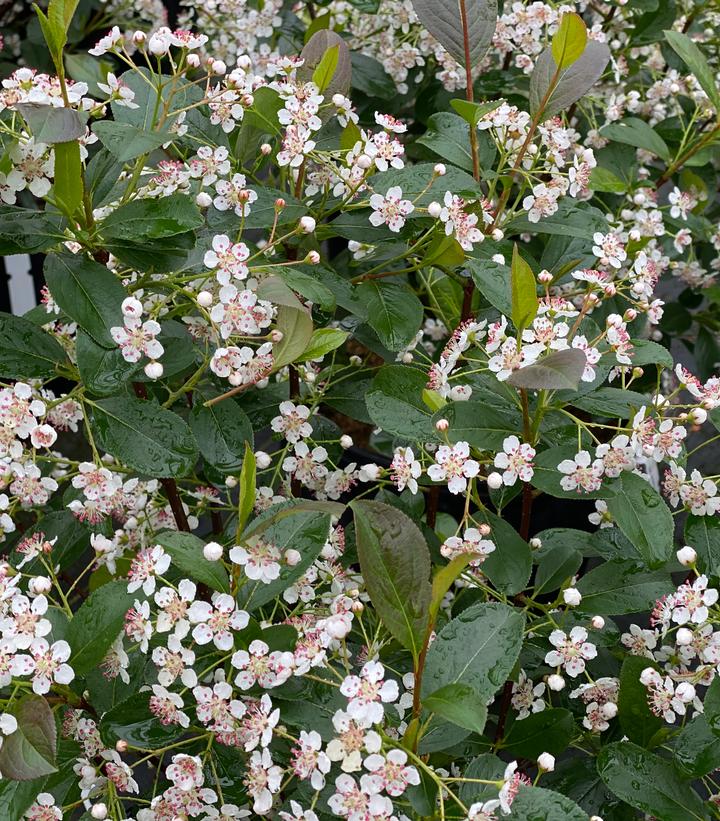
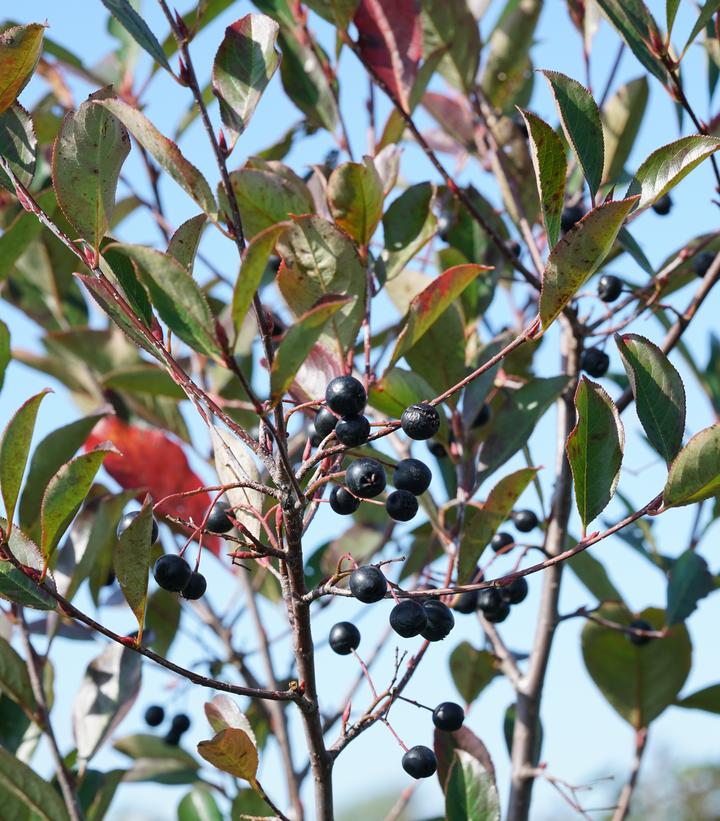
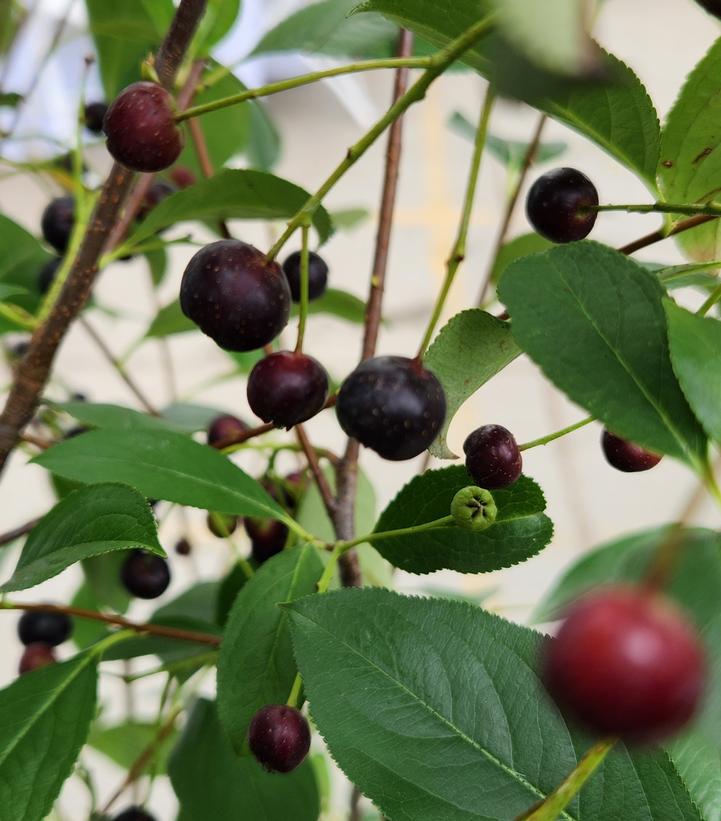




Aronia melanocarpa Low Scape Snowfire®
Low Scape Snowfire® Chokeberry
- Mounded habit, perfect for the middle of the border or informal low hedges
- Tolerates a wide range of growing conditions
- White flowers in spring and dark purple fruit and brilliant fall foliage
- Attracts bees and butterflies
- Drought, salt, and heat tolerant
- Beautiful white blossoms
- Erosion control
- Produces berries

- Category: Shrub
- Alternate Cultivar: 'SMNAMPEM'
- Patent: PP34,116
- Breeder: Proven Winners
- Hardiness Zone: 3-9
- Height: 3-4 ft
- Spread: 3-4 ft
- Bloom Color: White Shades
- Foliage Color: Green Shades
Purchase options for Low Scape Snowfire® Chokeberry
- Size: 3 Gallon 30-36"
- Status: Sheared and/or Dormant
- Availability: Online
$75.00
Success Starts With Soil
Fafard Premium Natural & Organic Compost
$12.99
Add To CartYou don't have to sacrifice beauty to grow a garden with native plants. Low Scape Snowfire Aronia has all the flower power of a typical garden plant, but still supports local pollinators and wildlife. It is blanketed in little white flowers in the springtime, to the delight of busy pollinators. This flurry of blooms complements most perennials, shrubs, and annuals. In summer it blends in, making a great backdrop for summer bloomers, but by autumn it's ready to shine again with bright red foliage and dark blue fruits. You can plant this versatile native in practically any condition; warm and cool climates, wet and dry soil, and full sun to part sun.
Foliage Color
| • | Green |
Flower Color
| • | White |
Programs
| • | Proven Winners |
Season of Interest (Flowering)
| • | Summer Bloomer |
Season of Interest (Foliage)
| • | Fall |
Habit
| • | Ground Cover |
Soil Moisture
| • | Average Water |
Growing Tips for Aronia melanocarpa 'Low Scape Snowfire®'
Aronia is one of the toughest, most durable shrubs, and needs little care. If you wish to prune, the best time is immediately after it blooms. However, be aware that this will remove the potential for any fruit to form. Wondering about deer resistance? It varies. We have found that in areas with heavy deer or rabbit activity, they may eat the flower buds in early spring when food supplies are scarce. However, they do not typically continue browsing Aronia after that, so are unlikely to cause severe or disfiguring damage to the plant itself.

